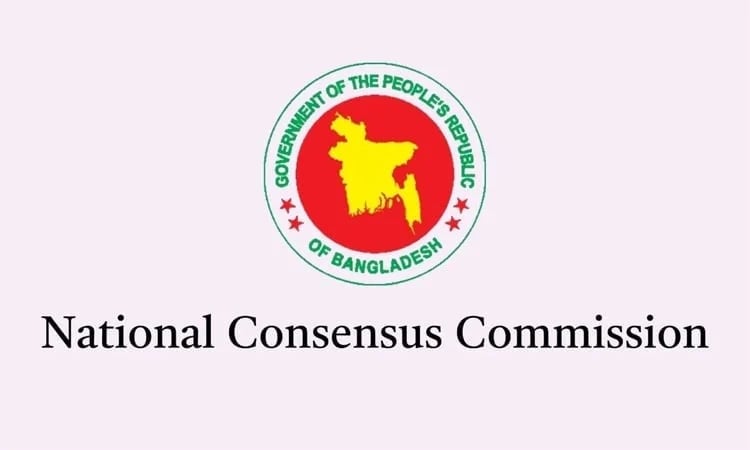News Flash
News Flash

DHAKA, Aug 17, 2025 (BSS) - The National Consensus Commission has sent the final draft of the July National Charter to the political parties.
The political parties have been asked to submit their opinions on the draft charter to the commission's office before 4 pm on August 20 next, said commission sources on Saturday night.
In the initial draft issued on July 28, the commission had called on the parties to accomplish all reforms within two years of assuming office after the next general election.
However, it now says that the recommendations deemed to be "immediately implementable" should be executed by the interim government and relevant authorities without delay, using appropriate and effective measures, before the polls.
The draft outlines 84 issues on which political parties reached consensus during two rounds of discussions between March 20 and July 31. It also includes notes of dissent from political parties.
The charter pledged full implementation of its provisions as a reflection of the sacrifices and aspirations of the July-August 2024 movement, describing it as the framework of a new political settlement adopted through consensus.
The commission urged the political parties to incorporate all provisions of the charter and its decisions into the constitution. If there is any conflict between the charter and existing laws or the constitution, the charter will take precedence.
It vested the authority in the Appellate Division of the Supreme Court for final reconciliation of any question on interpretation of any provision or recommendation of the charter, while declaring every provision constitutionally and legally binding, beyond judicial challenge to its legitimacy or necessity.
The charter said the people's uninterrupted struggle for democracy, human rights, and the rule of law -- particularly the historic significance of the 2024 uprising -- would receive constitutional and state recognition.
The parties are urged to pledge justice for the killings during the July uprising, state honours for the martyrs and assistance for their families, and rehabilitation of the injured.
The final draft said although no constitution was in force between March 26, 1971, and November 4, 1972, all activities during that period were later incorporated into the 1972 constitution -- paying tribute to the martyrs of the Liberation War and granting those activities legal and constitutional legitimacy.
It also said that, in the aftermath of the December 6, 1990 mass uprising, the resignation of the chief justice, his assumption of the vice presidency, temporary presidency, and eventual return to the judiciary had no legal framework.
Yet those actions were legitimised on the basis of political commitments, and the subsequent parliament endorsed them as the people's will, strengthening both constitutional convention and democracy, it added.